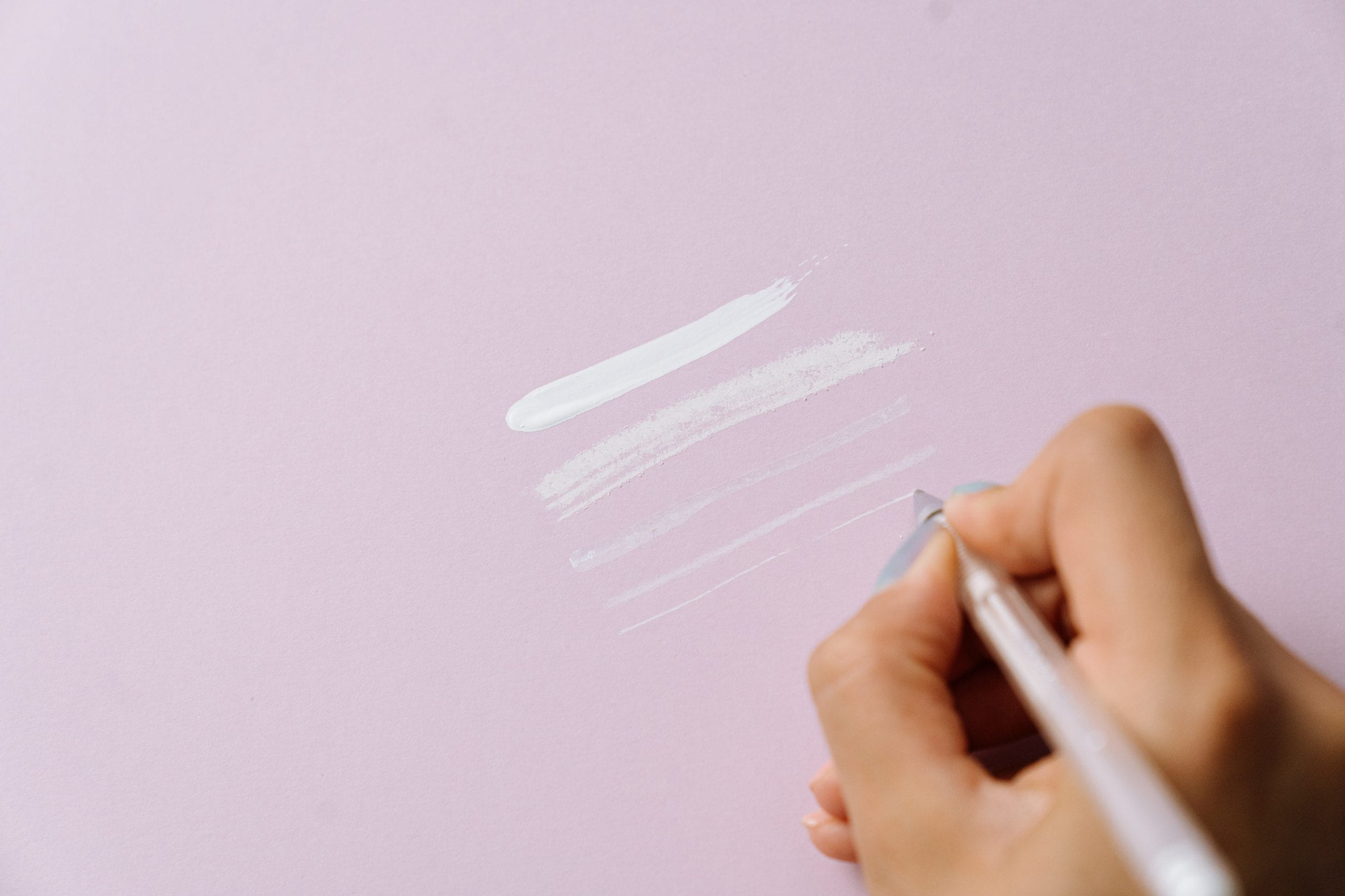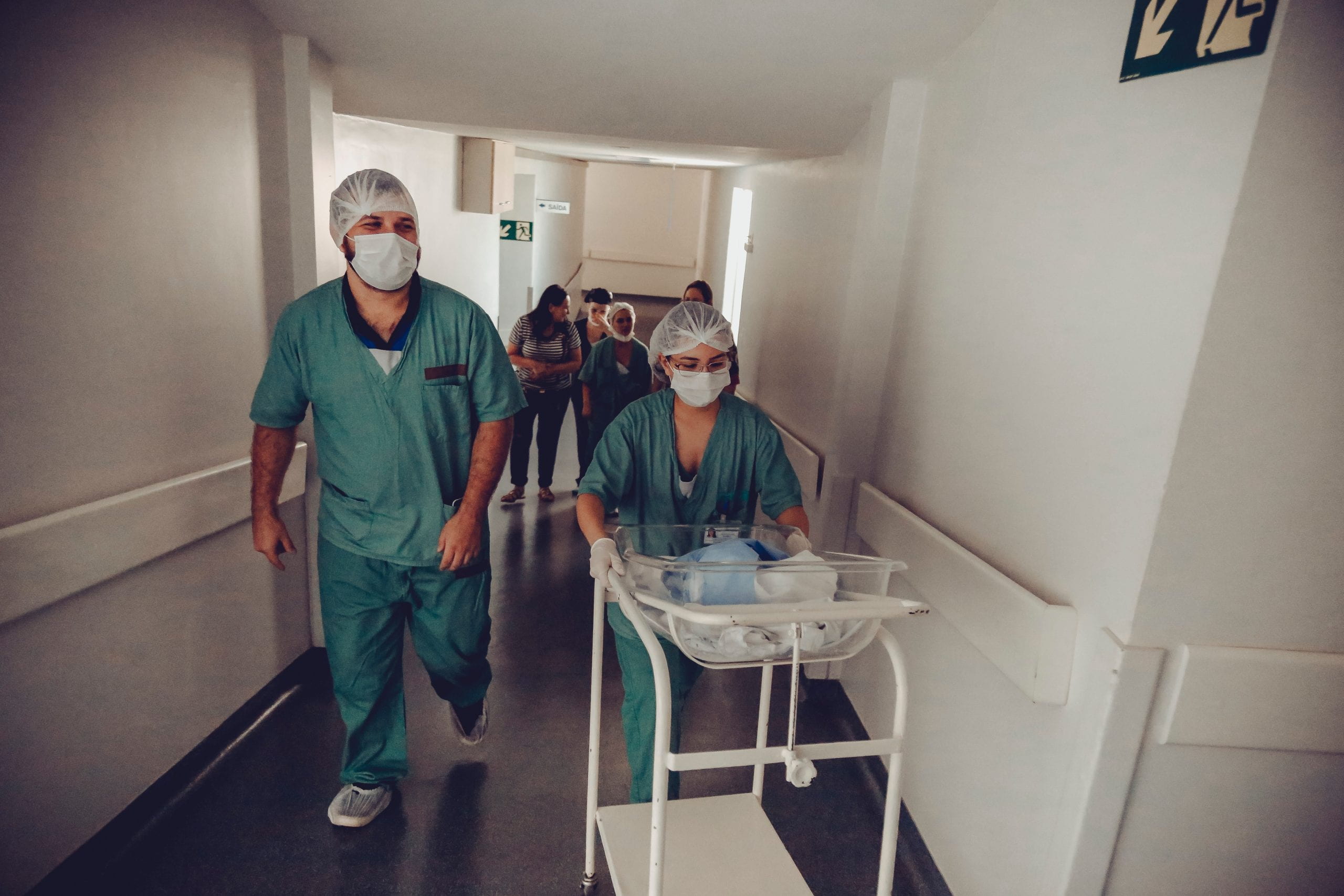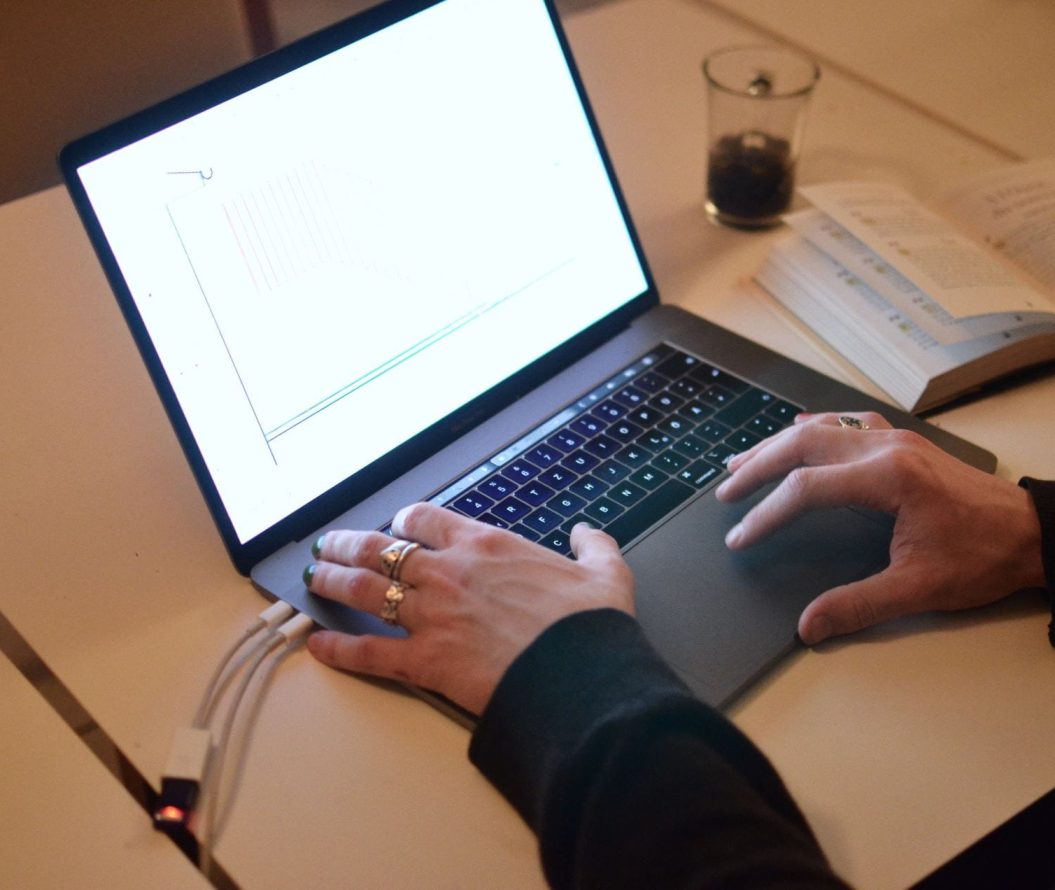
I was apprehensive to start clinical placement, it’s a new phase of the course, a new environment, and a new way of learning. However, I found it was so rewarding to finally put what I had learnt into practice. Learning conditions are much easier when you see and speak to patients in person. I am now in my 5th year of medical school and have a few crucial tips to share with you that I wish I had known earlier.
Introduce yourself + have an agenda:
Whenever you go onto a ward, begin by introducing yourself to the team. I know this sounds obvious, but in a busy ward it can be easy to be missed – make yourself known. Going in with an agenda is always helpful. For example, if you want to practice a specific skill or get a specific sign-off done, let someone know and hopefully, they will facilitate this for you.

Knowing when to leave:
It is easy to spend a whole day on the ward, but that is not always what is most beneficial to your learning. Your time is valuable! If you are not learning much or feel you are not getting much out of your time on the ward, for whatever reason this is, leave, and do some self-directed learning instead. I will often go onto a ward with the aim to get something specific out of it (such as joining a ward round/getting a sign off/taking a history), once I have done this, if appropriate I will leave. Spending time on wards is important, but knowing when to leave is just as important. Use your time wisely.

Bring a pen!
And keep hold of it – these are rare to find on a ward!

Feeling in the way:
Unfortunately, this is something a lot of medical students may have felt. When I first started placement, I felt like a deer in the headlights. But you are never in the way. Just remember that you have every right to be on the ward, do not let imposter syndrome convince you otherwise. If you get a ward round curtain shut on you, or you aimlessly follow a consultant to the toilet, it is okay – do not be embarrassed. Take everything in your stride.

Take as many histories as possible!
I have found this is so important for building confidence in my history-taking skills, after a while it began to feel like second nature. Plus, many patients enjoy this, especially those who may not get many visitors.

Find things to do:
Sometimes, physicians may be too busy to teach you, if this is the case, try to read an ECG, take a patient’s observations, take a history, help prep the notes for the ward round etc. There are lots of tasks you can practice on your own.
I know it can be nerve-wracking, but after a while, once you feel part of a team, feel helpful, and feel comfortable talking to patients, it will feel like second nature and will be so rewarding. I hope you enjoy it.




